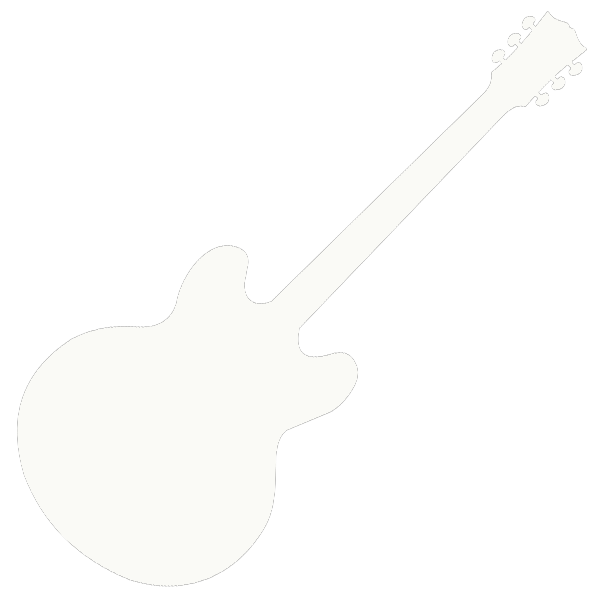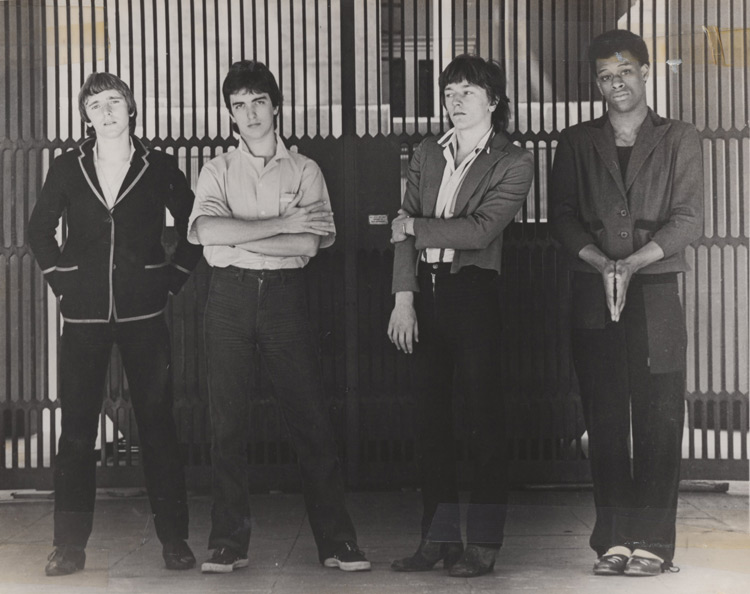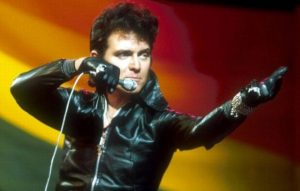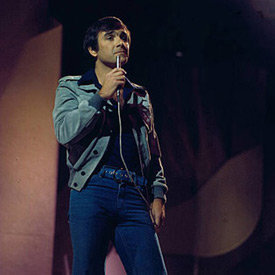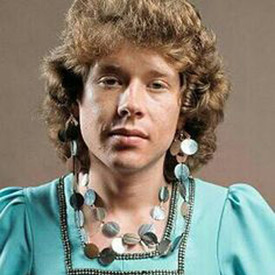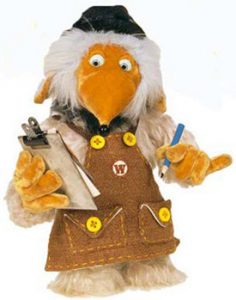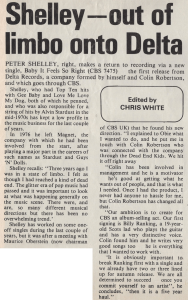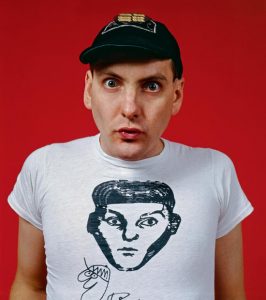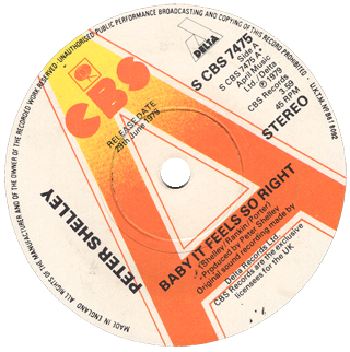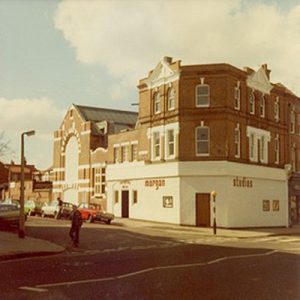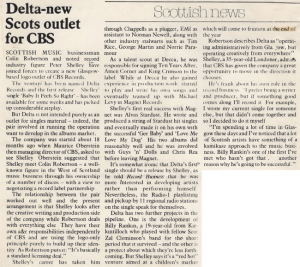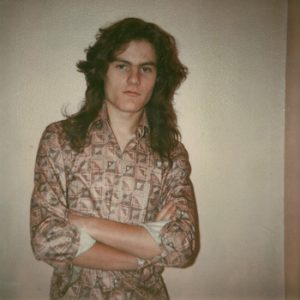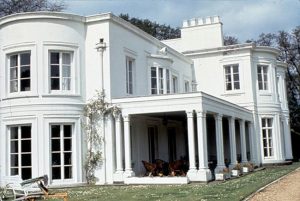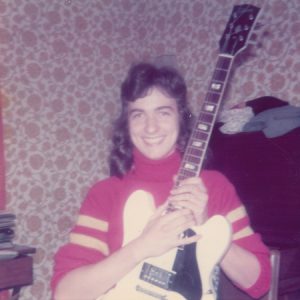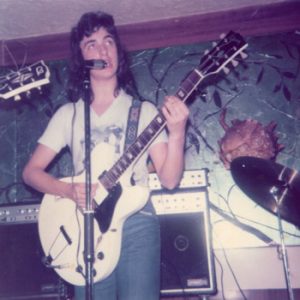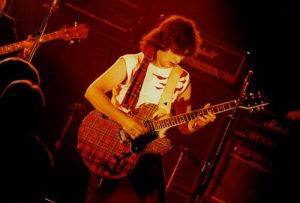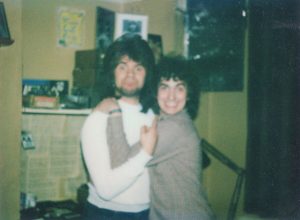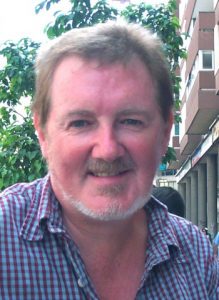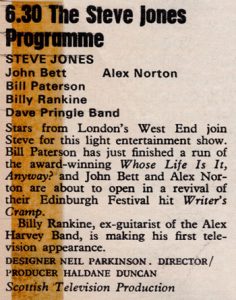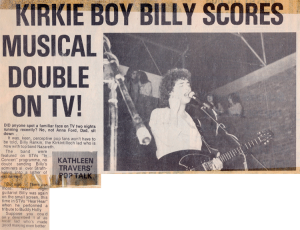“And if your train’s on time, you can get to work by nine and start your slaving job to get your pay.” (Bachman-Turner Overdrive: Takin’ Care of Business, 1973)
I wasn’t privy to the meeting Zal had with Mountain Management after leaving his own band, but I do know it had to be bad enough for him to attach a Finchley Cabs plate to his Citroën estate car. My meeting, however, was much more amicable and, as I only had a Mini 850, there was no chance of me following him in his new vocation. Basically, Jump Out the Window had impressed Mountain boss Derek Nicol enough to keep me on the payroll. A&R guy Davie Batchelor (SAHB producer & singer with Tear Gas til Alex arrived) supplied me with a reel to reel tape machine and even Hugh McKenna’s Mini Moog (which rattled til I discovered the empty vodka miniatures inside) and left me to it.
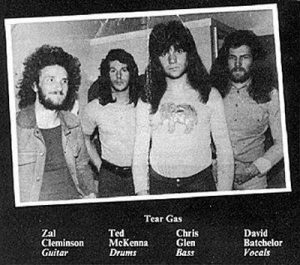
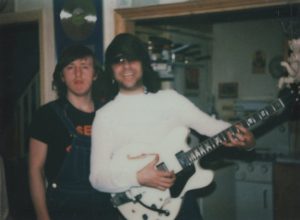
Davie liked the demos and suggested I do ‘em with Chris & Ted, also still on the payroll but, to cut a long story short, we were all let go by Mountain shortly afterwards. It wasn’t pleasant; in fact, it was pretty nasty and involved an underling at the time called Jim White. Remember the name. In the meantime, the most important thing for me was to remain in London where I could scour the music papers for auditions. This meant getting a job and actually working for a living which, in North London during 1978, wasn’t difficult. (Margaret Thatcher was merely the local MP for Finchley at the time and I was the only one who didn’t vote for her. What a visionary I was.) I suppose the most interesting thing to point out about the ‘Mountain demos’ is how your brain can hold on to the slightest of ideas and regurgitate them years later. Case in point: The guitar riff I play on In Depth became Let Me Be Your Dog.
In Depth home demo with Chris Glen 1978
I found work as a labourer with Tompkins & Sons (near Zal’s taxi rank) earning £60 a week, already a raise in my living standards from being a Rock Star, but I was determined to go back down the ladder (metaphorically and literally) in due course.
Mr Tompkins: “So ‘Jock,’ any experience of labouring?”
Me: “No sir, but I assume at £60 a week I won’t be required to ‘take it up the arse?”
Mr Tompkins: “Indeed no son. We’ve got joiners for that.”
